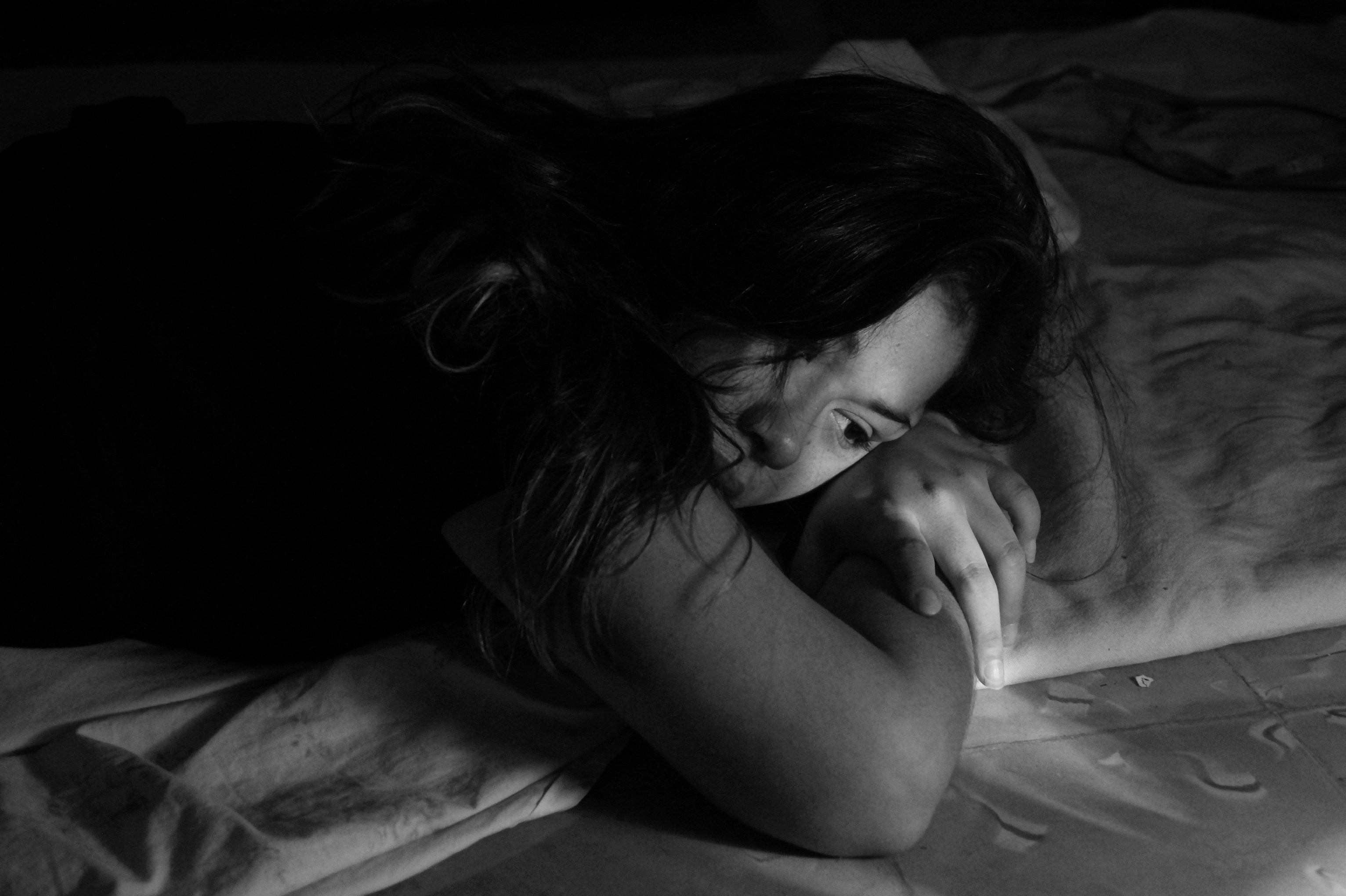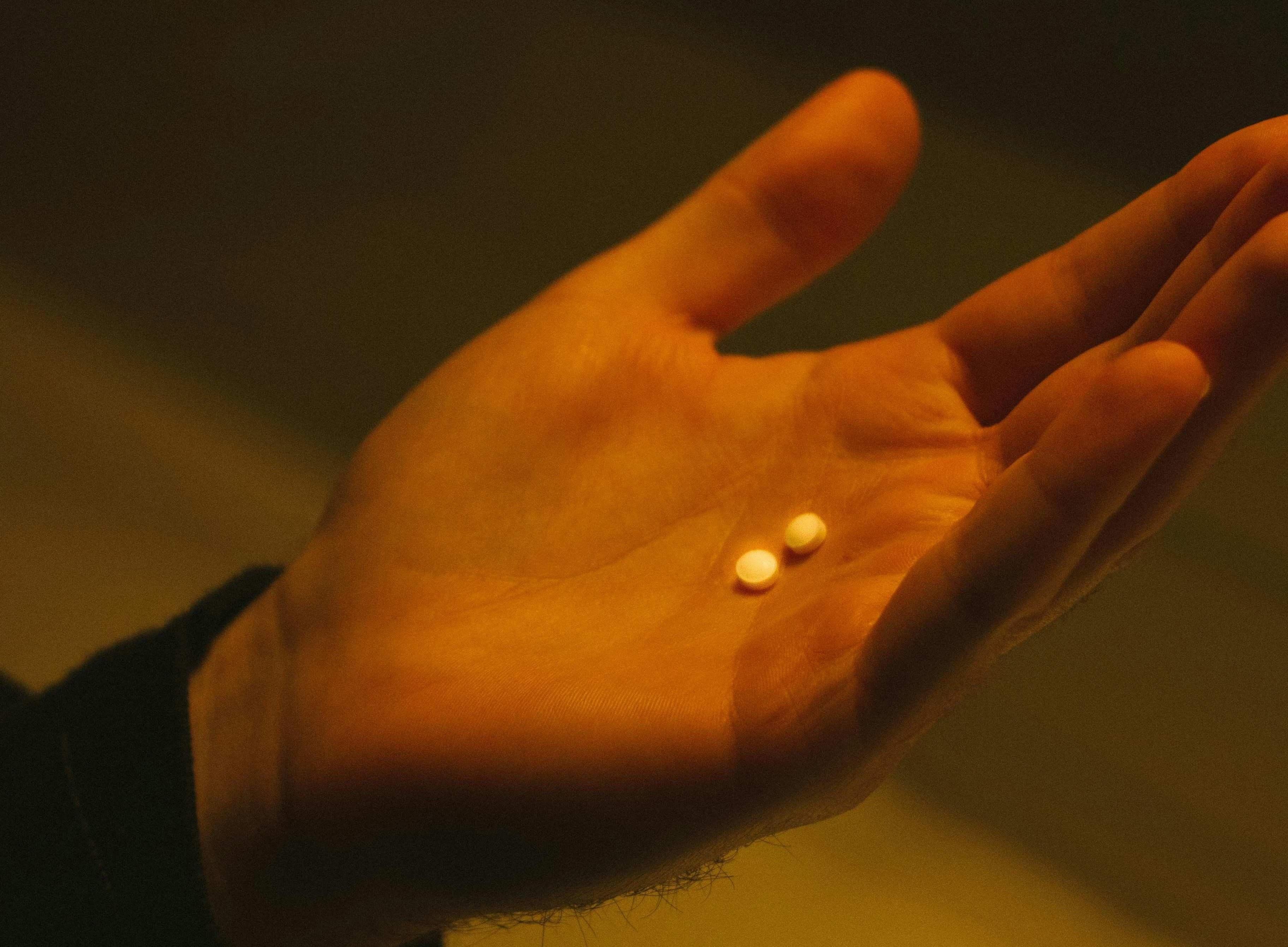With the annual recognition of Sanctity of Human Life Sunday, I’m reflecting on different reasons I’ve heard over the years as to why people get involved in pro-life work.
For some, it is the conviction that God forbids abortion, or the desire to help distressed women avoid a regrettable decision.
Others seek a justice/mercy ministry outside their church walls. Or they simply have a soft spot for babies.
Multiple factors may prompt someone to help with the life-affirming mission, but I’ve found it helpful to develop a ground zero—a non-negotiable, rock-solid foundation for our motives in this significant and challenging work.
That foundation is a robust understanding of the image of God.
“Then God said, ‘Let us make humanity in our image to resemble us so that they may take charge of the fish of the sea, the birds in the sky, the livestock, all the earth, and all the crawling things on earth.’ God created humanity in God’s own image, in the divine image God created them, male and female God created them.” – Gen. 1:26-27
What does it mean to be made in the “image of God,” and how is it the foundation for what we do?
[Click here to subscribe to Pregnancy Help News!]
Due to the mysterious nature of God, our finite human understanding, and the fact that Scripture does not offer a tidy list of exactly what this concept means, theologians tend to take one of three positions regarding the imago Dei.
The resemblance view states that humans are somehow like God in our structure and substance; the relational view notes that we are like the Trinity in our complex interpersonal relationships, and the representative view focuses on the human role of representing God on the earth.
Perhaps aspects of all three views can inform our understanding.
We are mysteriously like God in certain ways, and He created us to play a unique role in representing Him.
Although humans are unlike God in that we are finite, created beings, we stand apart from the animals in several significant ways.
Human beings have cultural and intellectual traits. We are uniquely inventive and technological, we are social and political creatures, and we are time and reality conscious.
Humans have a conscience, a value system, and moral laws. We demonstrate aesthetic taste, we have a spiritual and religious nature, and we pursue truth.
These traits are indications of the image of God in human beings, whom God place on the earth to exercise dominion over the other creatures and the environment as His representatives.
Let’s take a quick look at the first time murder is forbidden in the Bible.
After the flood, God instructs Noah and his family to include the meat of animals in their diet. In the same breath, He commands,
“Whoever sheds human blood, by a human his blood will be shed; for in the divine image God made human beings.” – Gen. 9:6
Contrary to some who would assert that butchering a cow for food is “murder,” here we see what God has to say on the matter.
It is the taking of human life which violates His moral law, because we alone—not chickens or elk or salmon—are made in His image.
Therefore, to kill an innocent human being is to do violence to the image of God.
It is an act of desecration.
(This includes abortion, because God places no value distinction between image-bearers based on development—see Psalm 139:13-16.)
Let’s drill a bit deeper into why.
In ancient times, rulers would set up an image (tselem in Hebrew, or icon in Greek) in areas over which they had dominion but where they were not always present.
This image let everyone know who was ultimately in charge.
At times when revival swept the nation of Israel, the people would tear down the images of the false gods they had been worshipping, because striking down an icon of a god meant, “We no longer worship this god.”
Keeping in mind that God has set us on this planet to represent Him, consider what the intentional killing of an innocent human being means on a spiritual level.
Striking down an image-bearer of God—His icon—is a way of saying, “God, you are not the object of my worship.”
Seen in this light, abortion is a serious act of defiance against a holy God.
The average abortion-minded client, of course, does not have a clear theological grasp of what a decision to abort would mean.
She is strongly influenced by our culture of death, which claims that abortion is a woman’s “right,” an answer to “the problem,” a ticket to a better future.
Fear and desperation drive her to seek something that masquerades as a solution, but in fact means something far more terrible than she realizes.
That’s where we come in. We recognize she carries an icon of God—and that she herself bears His image.
We offer her compassion, hope and support in place of isolation and despair. We walk with her through the current dark valley of her life so she can once again see light in her future.
Tweet This: We offer her compassion, hope & support in place of isolation and despair. We walk with her through the current dark valley of her life …
This is what we’ve been doing for over four decades, and it is what we will continue to do as long as God’s preborn image-bearers are endangered.
You see, the life-affirming mission goes beyond saving lives.
It prevents the destruction of the living, sacred, image of God on the earth—and it helps more people come to know and worship the One in Whose image they are created.







